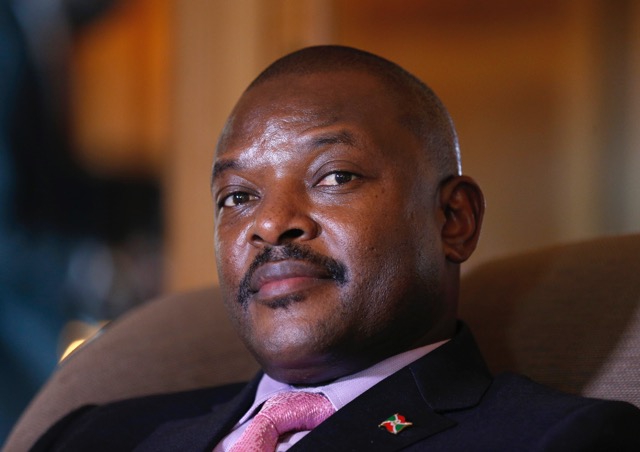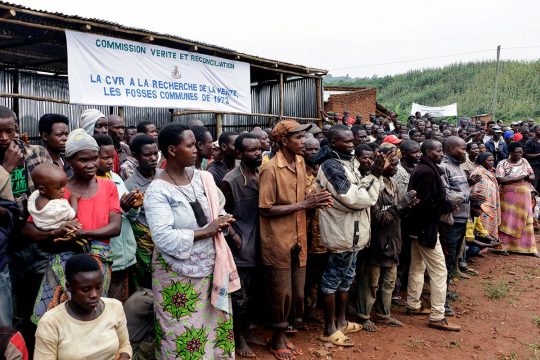(Nairobi, October 27, 2017) – Burundi’s official withdrawal of its membership from the International Criminal Court (ICC) became effective on October 26, 2017, following its formal notification of its withdrawal to the United Nations secretary-general a year earlier. Under the Rome Statute, the ICC’s founding treaty, withdrawal takes effect one year after this notification.
Burundi has been a state party to the ICC since 2004. Since April 2015, when President Pierre Nkurunziza announced his controversial bid for a third term, government security forces and members of the Imbonerakure, the youth league of the ruling party, have cracked down on political opposition members and perceived ruling party opponents. In April 2016, the ICC prosecutor opened a preliminary examination into crimes committed in Burundi since April 2015.
In September, a UN-mandated commission of inquiry confirmed that there were reasonable grounds to believe that crimes against humanity have been committed in Burundi, including murder, torture, rape, imprisonment, and persecution, against a backdrop of almost total impunity. The commission urged the ICC to investigate these violations.
Article 127 of the Rome Statute, which lays out the consequences of a state’s withdrawal, does not explicitly mention the impact of withdrawal on the court’s jurisdiction over crimes committed on a state’s territory while it was still a member.
“Burundi’s official withdrawal from the International Criminal Court is the latest example of the government’s deplorable efforts to shield those responsible for grave human rights violations from any kind of accountability,” said Param-Preet Singh, associate director of international justice at Human Rights Watch. “We urge the ICC to take a progressive approach in interpreting its jurisdiction so that victims maintain a viable path to justice.”






